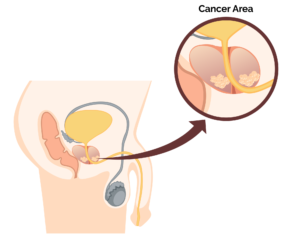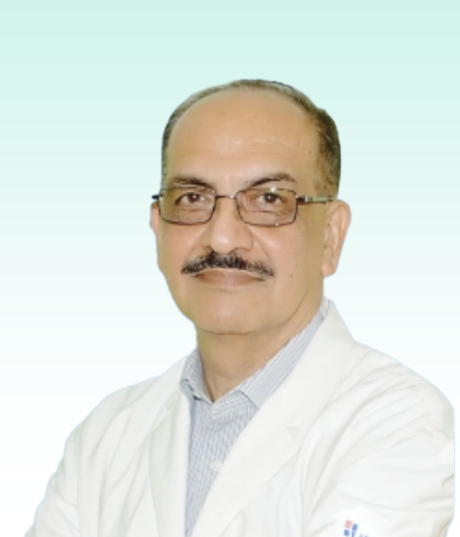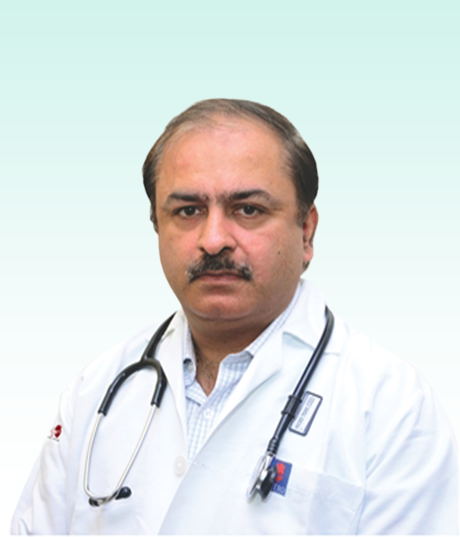
Are you familiar with the term Prostate Cancer? Well, it’s a type of cancer that affects the prostate gland, which is a small walnut-shaped gland in men that produces seminal fluid. It is one of the common types of cancer in men. Moreover, it develops slowly and may not cause noticeable symptoms in its early stage but as it progresses you will start finding the different changes in your body such as difficulty in urinating, blood in the urine or semen, erectile dysfunction, and pain in the lower back, hips, or pelvis. Those who are feeling the same symptoms must consult the doctor immediately. So, what’s the related queries you may ask your doctor? Let’s have a look.
What are the common symptoms of prostate cancer?

When it’s come to prostate cancer it’s difficult to diagnose at its early age, however, as it progresses you will notice some common symptoms including frequent urination or difficulty in urinating, weak urine flow, blood in urine or semen, pain or discomfort in the pelvic area, erectile dysfunction, and bone pain particularly in the back, hips or thighs.
What are the treatment options available for prostate cancer?
There are several options available to treat prostate cancer, however, the choice of treatment depends on various factors such as the stage and growth of the cancer, your overall health, your past health history, and your preferences. Some common treatment options include:
Active surveillance: Monitoring the cancer closely without stepping towards immediate treatment.
Surgery: Removing the prostate surgically, known as prostatectomy.
Radiation Therapy: Using high-energy beams to kill cancer cells and slow their growth.
Hormone Therapy: Lowering the levels of male hormones to stop or slow the growth of cancer cells
Chemotherapy: Using drugs to kill cancer cells or stop their growth.
Targeted Therapy: Using drugs that specifically target cancer cells based on their genetic characteristics.
Are there any preventive measures for prostate cancer?
While there are no guaranteed ways to prevent this cancer, but you can follow some steps to reduce the risk like maintain a healthy diet eat plenty of fruits, green vegetables or whole grains, do regular exercise such as walking or cycling, maintain a healthy weight, limit red meat and processed food etc.
Can prostate cancer be cured?
Yes, prostate cancer can be curable, especially when identified and treated at an early stage. In some cases, cancer grows so slowly that you may not need treatment right away. Treatment can often eliminate prostate cancers that haven’t spread beyond the prostate gland.
Choose Treatians for Better Experience
Treatians as your medical tourism partner guide you and support you until the end. They help you in connecting with renowned doctors and top-notch hospitals for your quality healthcare. Moreover, they offer treatment packages within a limited budget. So, if you want to consult with doctor or want to know more about prostate cancer condition must consider Treatians for better experience and high-quality healthcare.




























